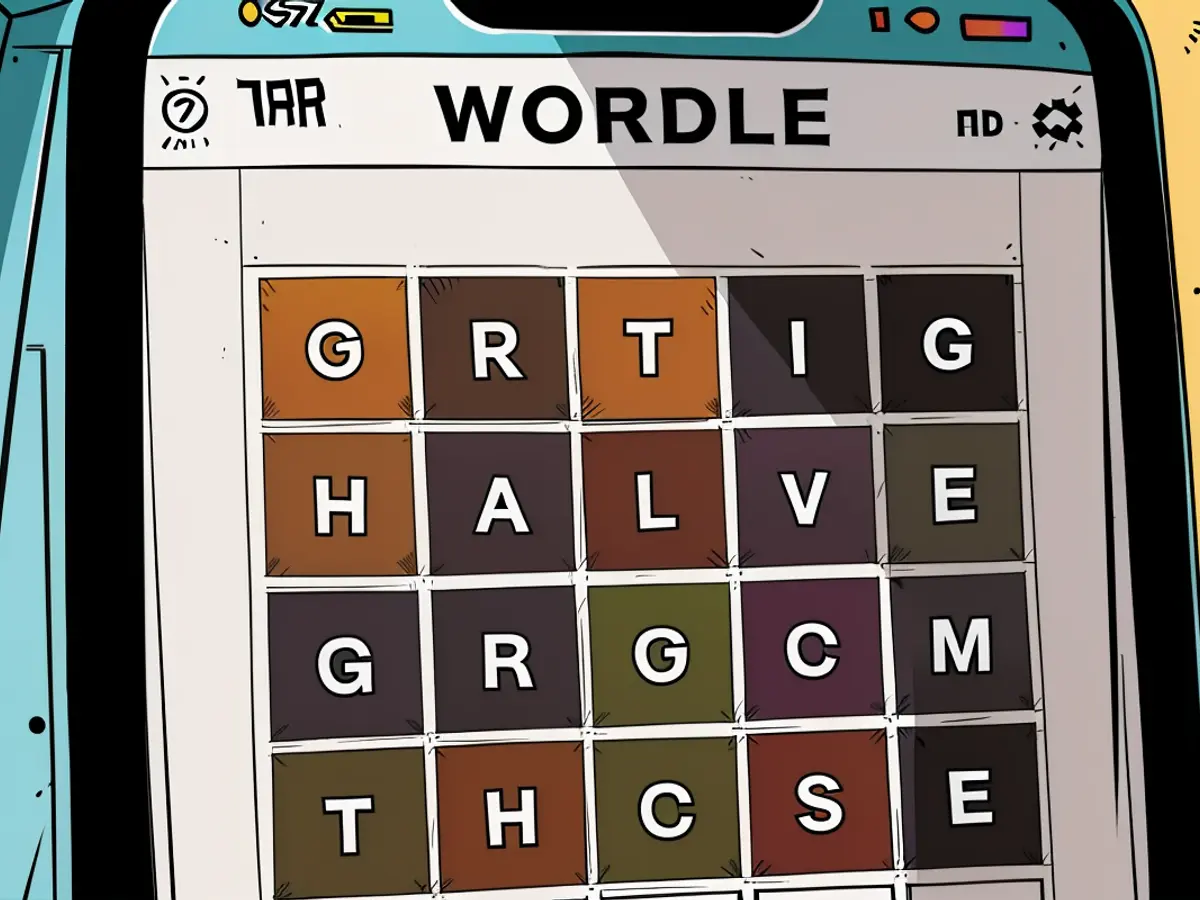Process for online game - Court rejects lawsuit in 'Wordle' trademark dispute
In the dispute over the trademark rights for the popular online game "Wordle," the Hamburg Regional Court has dismissed the claim of the New York Times Company against Hamburg puzzle provider Stefan Heine. The US publisher does not have "priority rights" to the sign "Wordle," according to a court spokeswoman after the ruling. Heine and the US publisher secured their German trademark rights on the same day, February 1, 2022. Therefore, neither party could make claims against each other, the court further ruled.
Not yet legally binding
Heine can rely on his trademark. The court also did not assume that Heine had registered his mark to keep US competition off the German market, as the New York Times Company had accused him. Heine had denied this. The judgment is not yet legally binding.
For Heine, the ruling leaves things as they are for the time being, and he can continue distributing the online game "Wordle." Defending against the lawsuits, however, will reportedly cost him a lot of money. "I would wish that the 'New York Times' would come to their senses and realize that they won't win. Or that they would listen to me and understand why I did it."
It's not about the money for him. "Puzzles have been my passion for 29 years. I want to see good puzzles in the world. And Wordle is a beautiful puzzle that's fun." Heine would have also liked to distribute the online game together with the "New York Times" in Europe, but they showed no interest. Heine produces puzzles for magazines and other media. He became famous especially through "Sudokus," which he brought to Germany in 2005. Heine, often referred to as the "puzzle king," also initiated the German Sudoku Championship.
Popular Online Game
The US newspaper bought the licensing rights to the letter puzzle from its inventor Josh Wardle for $1.2 million. He had invented the game in 2021 and made it available for free on his personal website. User numbers soon exploded. "Wordle" is now a global success and is played daily by millions of people.
In "Wordle," players have six attempts to guess a five-letter word. After each attempt, color indicators are provided: correctly placed letters turn green, letters not in the word turn gray, and letters in the word but not in the correct position turn yellow.
"Wordle" at the New York Times
- Following the court's ruling, Stefan Heine can continue distributing the popular online game "Wordle" in Germany.
- The Hamburg Regional Court dismissed the New York Times Company's claim over the trademark rights for "Wordle," stating that neither party has priority rights.
- Despite the legal dispute, the New York Times still holds the licensing rights for "Wordle" in the USA, having purchased them from the game's inventor, Josh Wardle.
- Online, "Wordle" has become a global sensation, attracting millions of daily players worldwide.
- The New York Times' decision to purchase the licensing rights for "Wordle" was a strategic move to expand their media presence on the Internet.
- Stefan Heine, the puzzle provider, has faced significant financial costs in defending against the New York Times' lawsuits, but he remains passionate about promoting quality puzzles, including "Wordle," in Europe.






